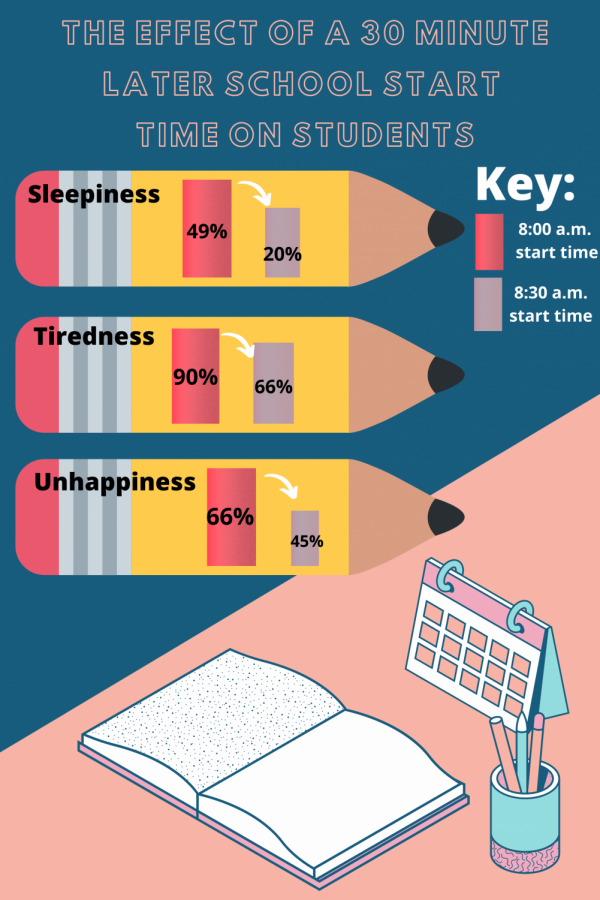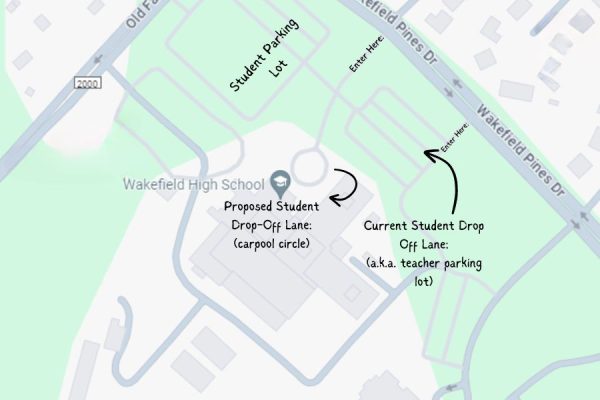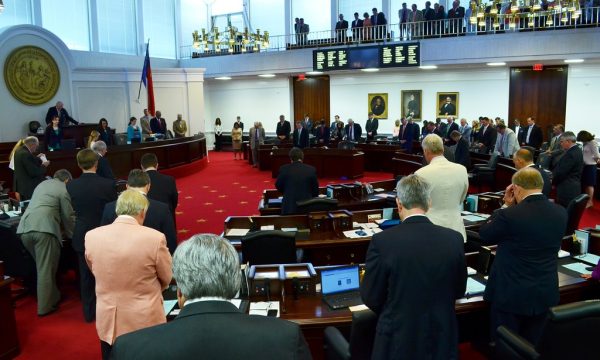Later school start times: is it what we want or what we need?
Do you ever find yourself either unable to concentrate in class, unable to complete any tasks, having depressive symptoms or all of the above? Any of these can be considered consequences for early school start times for adolescents — namely high school students.
As a drained high school student myself, I seldom have enough energy to pull myself out of bed. Like any other peer my age, later school start times are dreamt upon. However, it was no secret that scarcely any high school students could make a difference in the public school system. On another hand, we ought to take a stand now for the overall student academic success, health, and well-being.
The American Academy of Sleep Medicine and the American Academy of Pediatrics both support the recommendation of middle and high school schools starting no earlier than 8:30 a.m. The suggestion came in fear that students weren’t getting adequate sleep to be alert and prepared to learn the following day. Studies by these academies demonstrated that students who woke up earlier than 8:30 a.m. concentrated less in class, got less work accomplished, participated less, and their grades dropped. If school start times were pushed back to at least 8:30 a.m., students’ concentration and participation would increase, and their grades would increase along with that.
Various organizations such as these recognize students’ involvement in extracurriculars, late-night technology use and few-parent set bedtimes. We also need to take into account the biological need for phase delay found in adolescents beginning during puberty. This delay is in direct conflict with early school start times. This delay doesn’t allow these adolescents to fall asleep early or wake up early. During this phase delay, students have a decreased ability to concentrate and their capacity for learning also takes a hit. Sleep deprivation affects students’ moods and behaviors, increasing their ability to make risky decisions.
Studies demonstrate that the list is ongoing for the possible consequences of early school start times:
- An increased likelihood of performing risk-taking behaviors
- An increase in depressive symptoms and suicidal ideation
- An increase in motor vehicle accidents
Diabetes, cardiovascular diseases and obesity also are categorized as long-term consequences for early school start times.
Students experiencing later start times demonstrated an increase in attendance and grades and a decrease in tardiness, disciplinary issues, and motor vehicle crashes. Specific to one study, a 16.5 percent decrease was shown in teenage motor vehicle accidents when the school’s start time was pushed back one hour.
I question why later school start times haven’t been implemented everywhere entirely. Who wouldn’t want better health, wellness, and academic success for adolescents? I believe as students we can fight for a change for the better of our wellbeing — for a chance to better our grades and attendance, and decrease our tardiness, disciplinary issues, and the possibility of motor vehicle accidents. Together, as adolescents, we can defend against the school system that favors early start times for our benefit.















Nic Cazin • Nov 18, 2021 at 12:39 pm
We should definitely start school later!